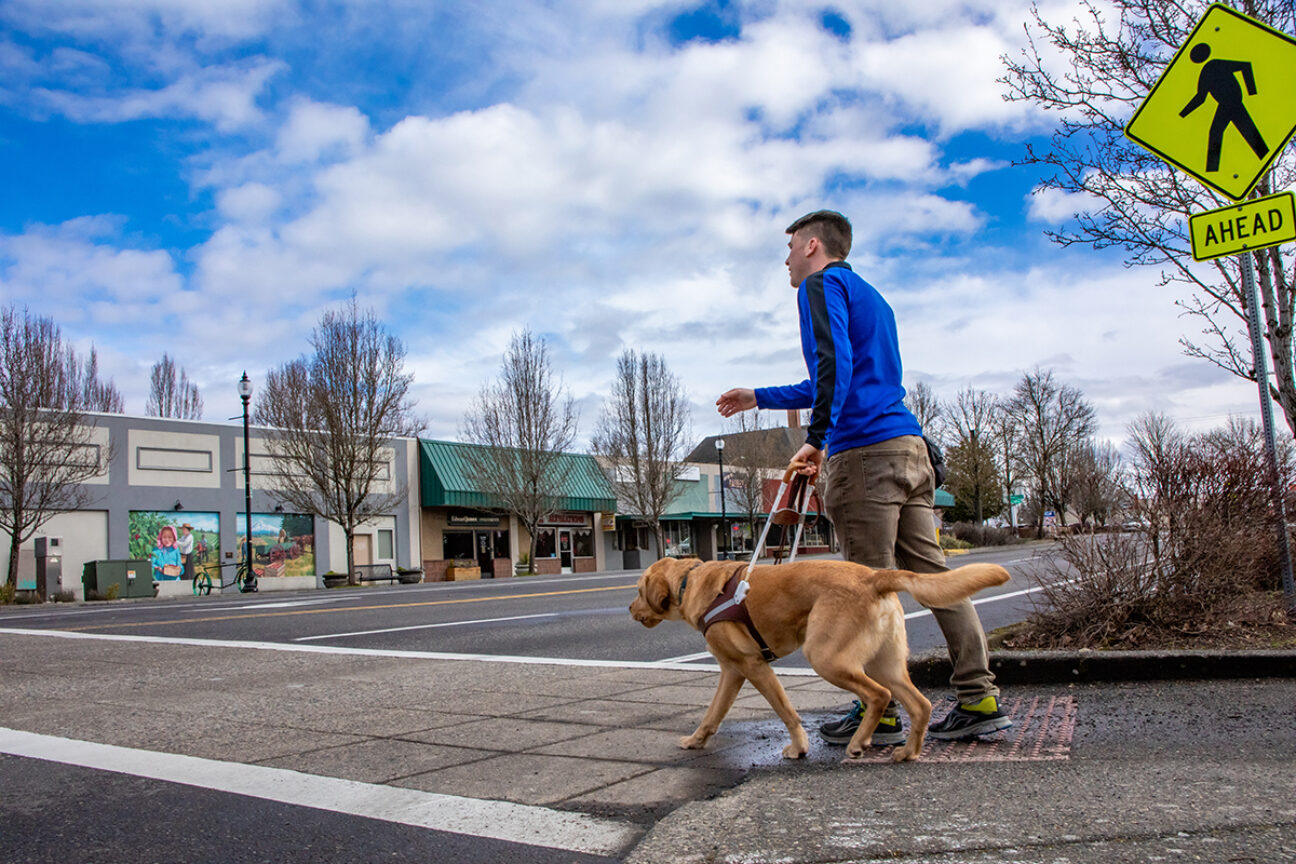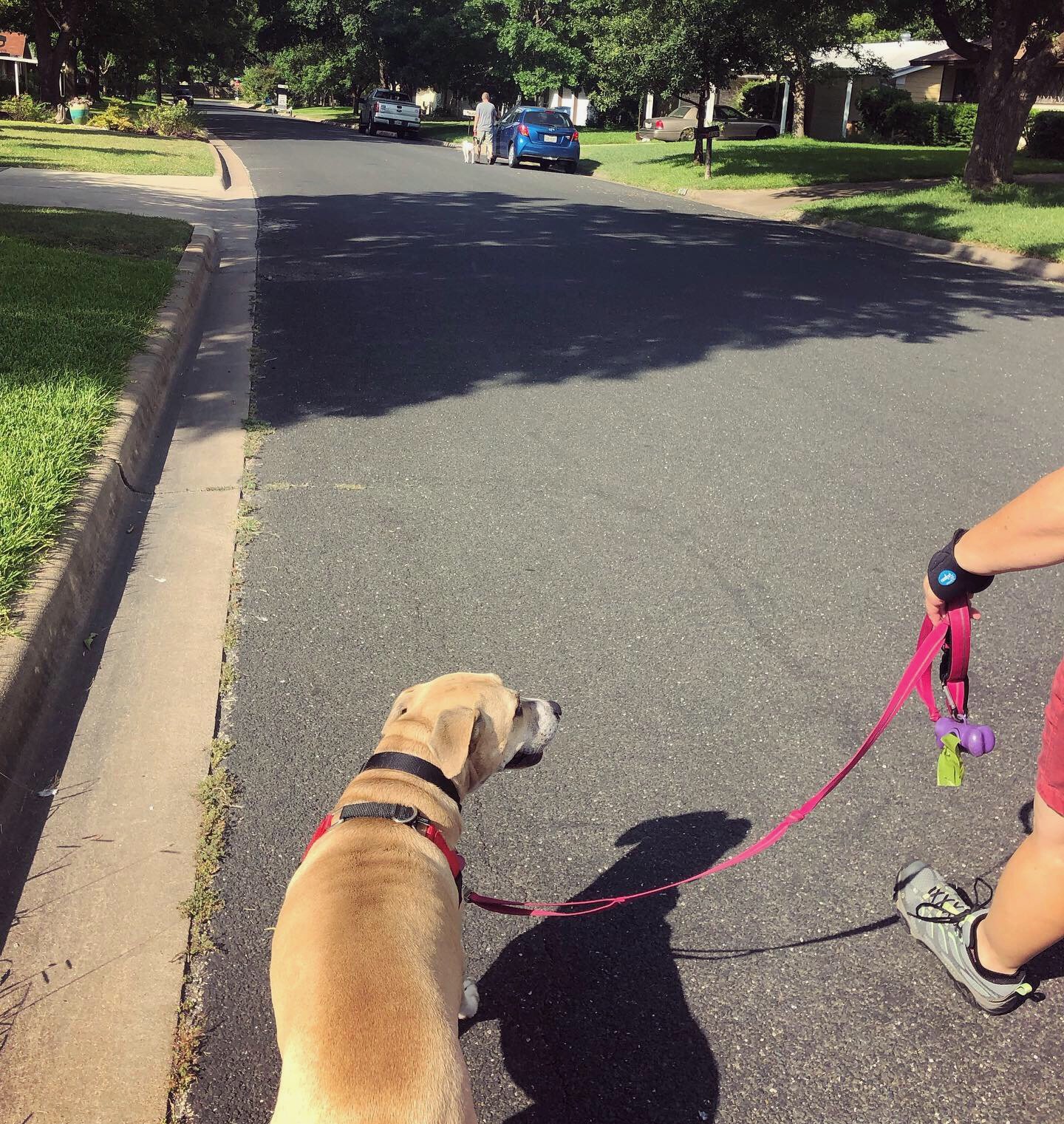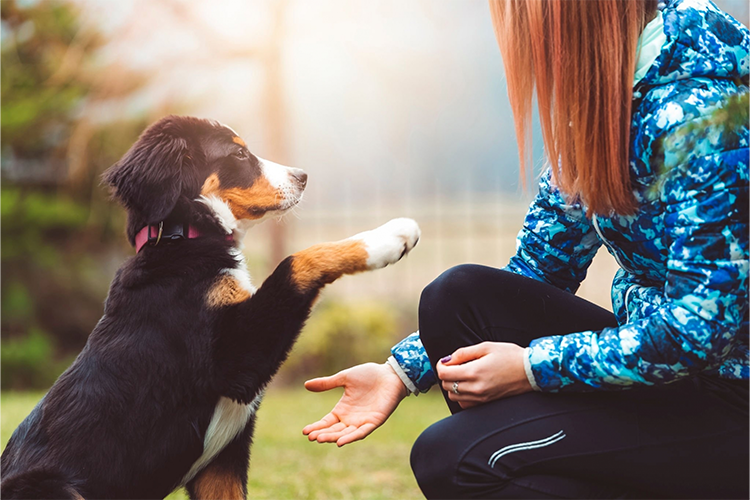Why Dog Training Near Me is Vital for Your Canine Companion
Why Dog Training Near Me is Vital for Your Canine Companion
Blog Article
Unlock Your Pet dog's Possible: Proven Pet Training Approaches for Success
Effective pet training is a nuanced procedure that hinges on comprehending canine habits and using clinically backed strategies. By integrating favorable reinforcement, developing clear commands, and focusing on socialization, pet dog proprietors can cultivate an effective relationship with their family pets.
Recognizing Canine Habits
Understanding pet dog actions is necessary for effective training and promoting a favorable relationship in between pets and their owners. A thorough grasp of canine body movement, vocalizations, and social interactions is critical for acknowledging their demands and emotions. Canines connect mainly via non-verbal hints; for instance, a wagging tail may suggest exhilaration, while pinned ears can signal anxiety or entry.

Additionally, environmental variables play a substantial function in shaping a pet's habits. Changes in regular, brand-new surroundings, or the visibility of unknown individuals can bring about anxiety or stress and anxiety in pets. Identifying these triggers enables proprietors to alleviate adverse responses and establish appropriate training approaches.
Eventually, a deep understanding of dog habits lays the foundation for effective training methods, boosting both habits and the overall bond in between the dog and its proprietor. dog training charlotte. This understanding is indispensable for promoting a well-adjusted, satisfied canine buddy
Favorable Support Methods
Efficient training relies greatly on favorable reinforcement strategies, which have been shown to generate significant cause forming desired habits in dogs. This method entails rewarding a pet dog for showing specific habits, therefore increasing the probability that these actions will be duplicated. Benefits can take numerous kinds, including treats, appreciation, playthings, or play, depending on what inspires the specific dog.

It is necessary to slowly phase out rewards as the pet finds out the habits, transitioning to intermittent support. This strategy keeps the actions gradually while stopping reliance on constant incentives. By focusing on positive support, instructors can cultivate a relying on relationship with their pets, promoting a cooperative and healthy and balanced training environment that improves overall obedience and efficiency.
Establishing Regular Commands
An essential aspect of effective dog training is the facility of regular commands. Consistency in commands is essential for reliable communication between the trainer and the dog. When commands are uniform, pets discover to associate certain words with desired habits, which accelerates the training procedure and improves understanding.
To develop constant commands, it is necessary that all family members make use of the exact useful content same terminology and gestures. If one individual utilizes "rest" while an additional claims "rest down," it can develop complication for the dog. Select clear, distinct words for commands and make sure everybody entailed in the pet dog's training complies with these selections.
In addition, rep is vital. Enhance commands via frequent practice, ensuring that the dog receives ample opportunities to react appropriately. When a dog successfully complies with a command, prompt favorable reinforcement ought to follow. This can be in the kind of deals with, praise, or playtime, strengthening the link in between the command and the activity.
Finally, hold your horses. Establishing regular commands takes some time and initiative. With commitment and clarity, you will certainly assist your dog establish a strong understanding of expectations, eventually bring about a mannerly friend.
Socializing and Exposure
Socializing a pet is crucial for promoting a well-adjusted and confident companion. This procedure involves revealing your canine to a selection of atmospheres, people, and various other animals to establish their social skills and versatility. Early socializing, ideally in between the ages of three to fourteen weeks, is vital, as it prepares for a pet dog's future actions.
During socializing, aim to give positive experiences in different setups, such as parks, busy streets, and homes with various other pets. Introduce your pet dog to various stimuli, consisting of sounds, sights, and scents, guaranteeing that each experience is fulfilling. This exposure assists minimize fear and stress and anxiety, leading the way for a much more resistant dog.
Taking part in controlled team play sessions with various other dogs can also improve social skills, educating your pet suitable communications and borders. Constantly check your canine's convenience degree throughout these experiences, progressively increasing direct exposure as their self-confidence look at here now expands. Remember, the goal is to create an all-round pet dog that thrives in diverse situations, promoting a harmonious relationship with both people and other animals. Prioritizing socialization will considerably contribute to your canine's general happiness and behavior throughout their life.
Conquering Common Educating Challenges

Pets may struggle to focus in strange or active setups. Progressively desensitize your dog to distractions by starting training in a quiet environment and slowly introducing more stimuli as they become competent.
Additionally, behavior problems like leaping or too much barking can come to be irritating. Address these by teaching alternative behaviors, such as resting steadly when welcoming visitors. Uniformity and persistence are vital; enhance preferred habits constantly and prevent scolding, which can lead to complication.
Lastly, acknowledge that each canine is distinct, and training timelines might vary. Dressmaker your strategy to your pet's private needs, and look for professional advice if essential. With determination and the best techniques, overcoming these challenges can bring about a trained, satisfied canine buddy.
Final Thought
Finally, unlocking a canine's possible demands a thorough technique that integrates an understanding of canine habits, the application of positive reinforcement methods, and the facility of regular commands. Early socializing and direct exposure to diverse environments additionally enhance a pet dog's flexibility and confidence. By dealing with common training obstacles with customized methods and perseverance, a unified and cooperative connection in between dog and trainer can be cultivated, inevitably causing a mannerly companion efficient in prospering in numerous scenarios.
Efficient dog training is a nuanced process that pivots on understanding canine habits and employing clinically backed methods.Comprehending dog behavior is essential for efficient training and promoting a favorable partnership in between pets and their owners.Reliable training relies heavily on positive support techniques, which have been revealed to produce considerable results in forming wanted actions article in pets. When commands are uniform, pet dogs find out to link specific words with wanted actions, which accelerates the training process and enhances understanding.
In final thought, unlocking a pet dog's possible demands a thorough approach that incorporates an understanding of canine behavior, the application of positive reinforcement techniques, and the establishment of consistent commands.
Report this page